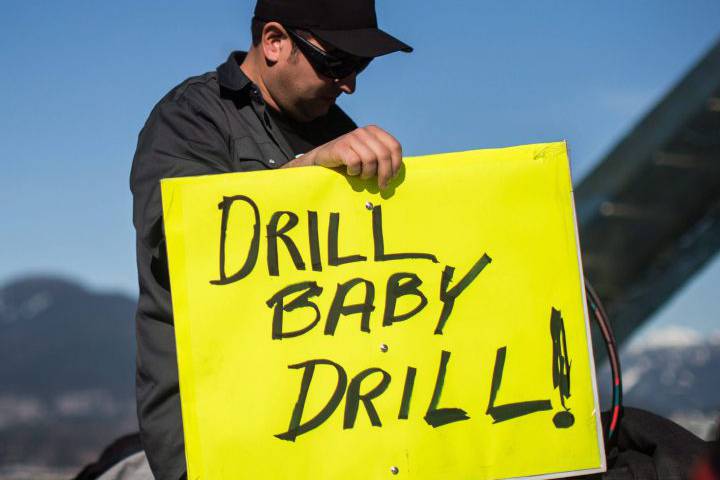A study by a sustainable energy research group predicts the federal government’s purchase of the Trans Mountain pipeline will add significantly to the deficit next year.

The study released Tuesday by the Institute for Energy Economics and Financial Analysis said buying the Kinder Morgan Canada assets, plus planning and construction costs, will put $6.5 billion in unplanned spending on the books for the 2018-19 fiscal year.
Study authors Tom Sanzillo and Kathy Hipple said that until Ottawa clarifies how it plans to account for the spending, there’s a risk the purchase could add 36 per cent to the projected $18.1-billion deficit.
“The principal budgetary action here looks to me like an unplanned expenditure for 2019,” said Tom Sanzillo, director of finance for the institute in an interview.
WATCH BELOW: New public opinion polling from the Angus Reid Institute shows 37 per cent of those polled believed the federal government’s move to buy the Trans Mountain Pipeline project was the right move. Jennifer Crosby talks to Shachi Kurl with the institute to hear more about the polling.

Sanzillo, a former first deputy comptroller of New York State, said the government does have other ways to account for the funds, but that it shouldn’t be borrowing for a speculative asset.
“A speculation on a pipeline is far outside what would be a reasonable and responsible investment by a public sector entity. The absorption by a public sector entity of something that the private sector has rejected is a risk, a substantial risk.”
Canada’s ability to sell the pipeline, at least without a loss, is in doubt because it has already signalled it is a reluctant buyer and because of the growth prospects of the oilsands in the latter half of the next decade, the study said.
The authors call on the government to do more to disclose how it arrived at the purchase price, what cost-benefits were weighed, what potential costs the public is exposed to, and whether Kinder Morgan attempted to sell the pipeline elsewhere.
The federal government agreed to buy the existing pipeline, expansion project and terminals from Kinder Morgan Canada for $4.5 billion after the company threatened to walk away from the Trans Mountain expansion project in April.
The government has said it doesn’t plan to be a long-term owner and is looking for buyers, including Indigenous communities, pension funds and the Alberta government.
The Trans Mountain expansion project has faced significant opposition over concerns of oil spills, tanker traffic and increased oilsands production.








Comments